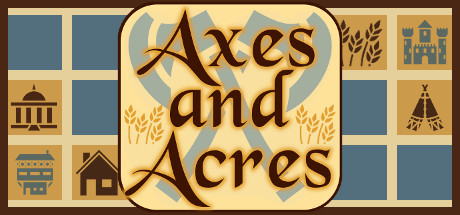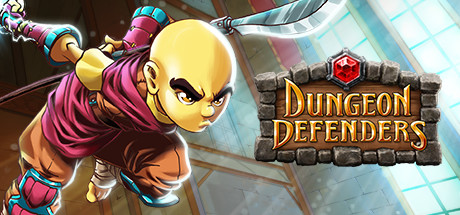Axes and Acres Reviews
Axes and Acres is a deep and engaging single-player strategy game designed to create exciting decisions every turn. The rules are easy to learn, but every turn can be played out in many different ways in order to farm, build and survive.
| App ID | 448910 |
| App Type | GAME |
| Developers | BrainGoodGames |
| Publishers | BrainGoodGames |
| Categories | Single-player, Steam Achievements, Steam Cloud, Steam Leaderboards, Steam Trading Cards |
| Genres | Indie, Strategy |
| Release Date | 7 Apr, 2016 |
| Platforms | Windows, Mac, Linux |
| Supported Languages | English |

146 Total Reviews
117 Positive Reviews
29 Negative Reviews
Mostly Positive Score
Axes and Acres has garnered a total of 146 reviews, with 117 positive reviews and 29 negative reviews, resulting in a ‘Mostly Positive’ overall score.
Reviews Chart
Chart above illustrates the trend of feedback for Axes and Acres over time, showcasing the dynamic changes in player opinions as new updates and features have been introduced. This visual representation helps to understand the game's reception and how it has evolved.
Recent Steam Reviews
This section displays the 10 most recent Steam reviews for the game, showcasing a mix of player experiences and sentiments. Each review summary includes the total playtime along with the number of thumbs-up and thumbs-down reactions, clearly indicating the community's feedback
Playtime:
782 minutes
The randomization is messed up. It would be nice to have a chance to win but only a single builder dice in the first five rounds is impossible. Also getting the reproduction dice to increase the number of dice to roll also doesn't work since those don't show up until round 5.
It's a great game when it's not insanely frustrating.
👍 : 0 |
😃 : 0
Negative
Playtime:
259 minutes
The harder levels feel closer to a puzzle game, and that's a good thing. It does get very samie feeling, though the "challenge" come from well higher challenge enemies.
👍 : 0 |
😃 : 0
Positive







